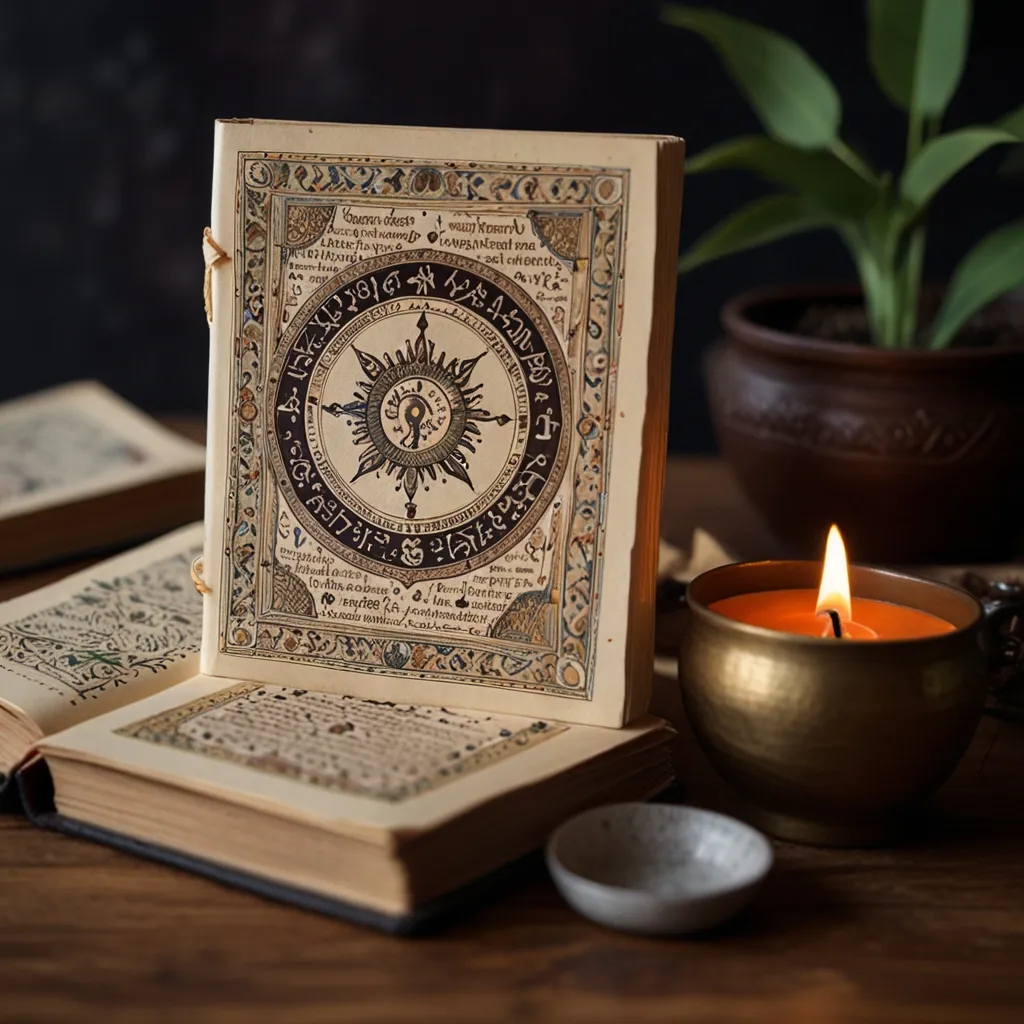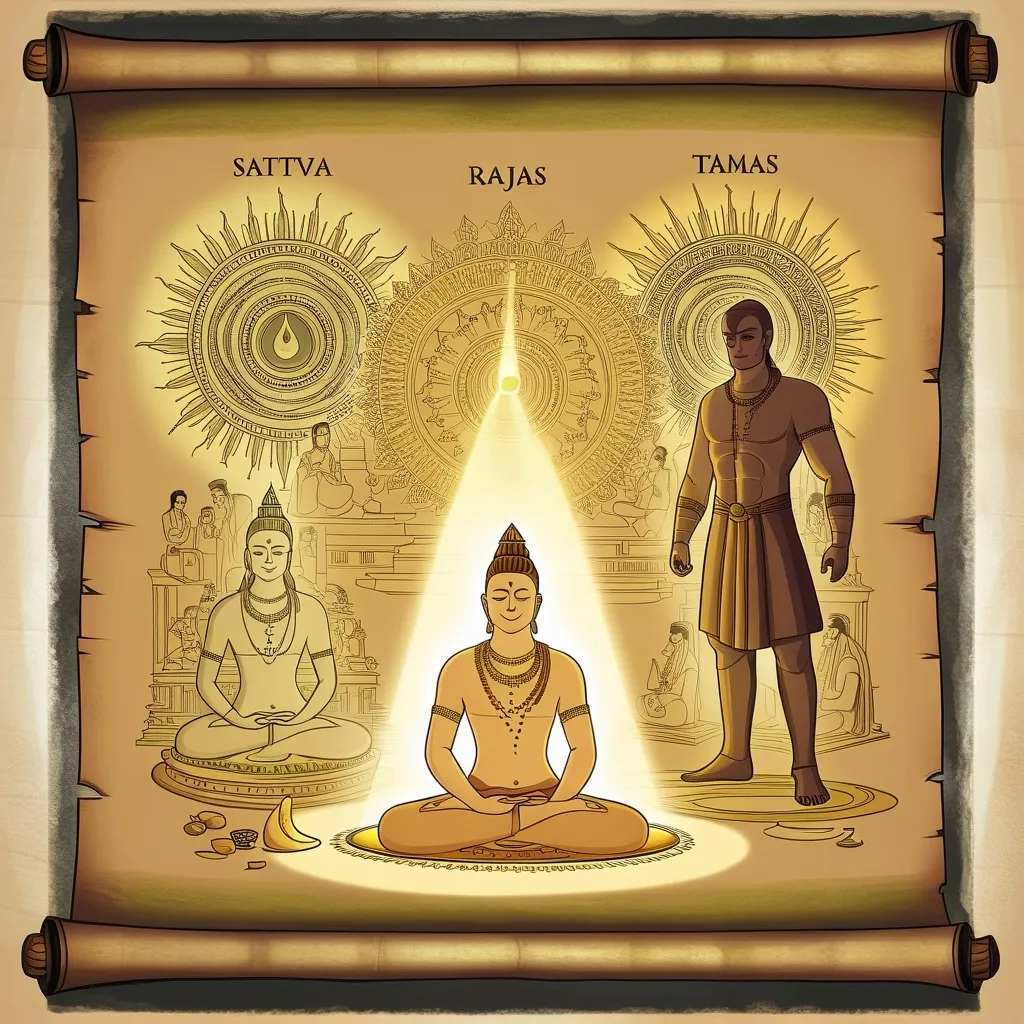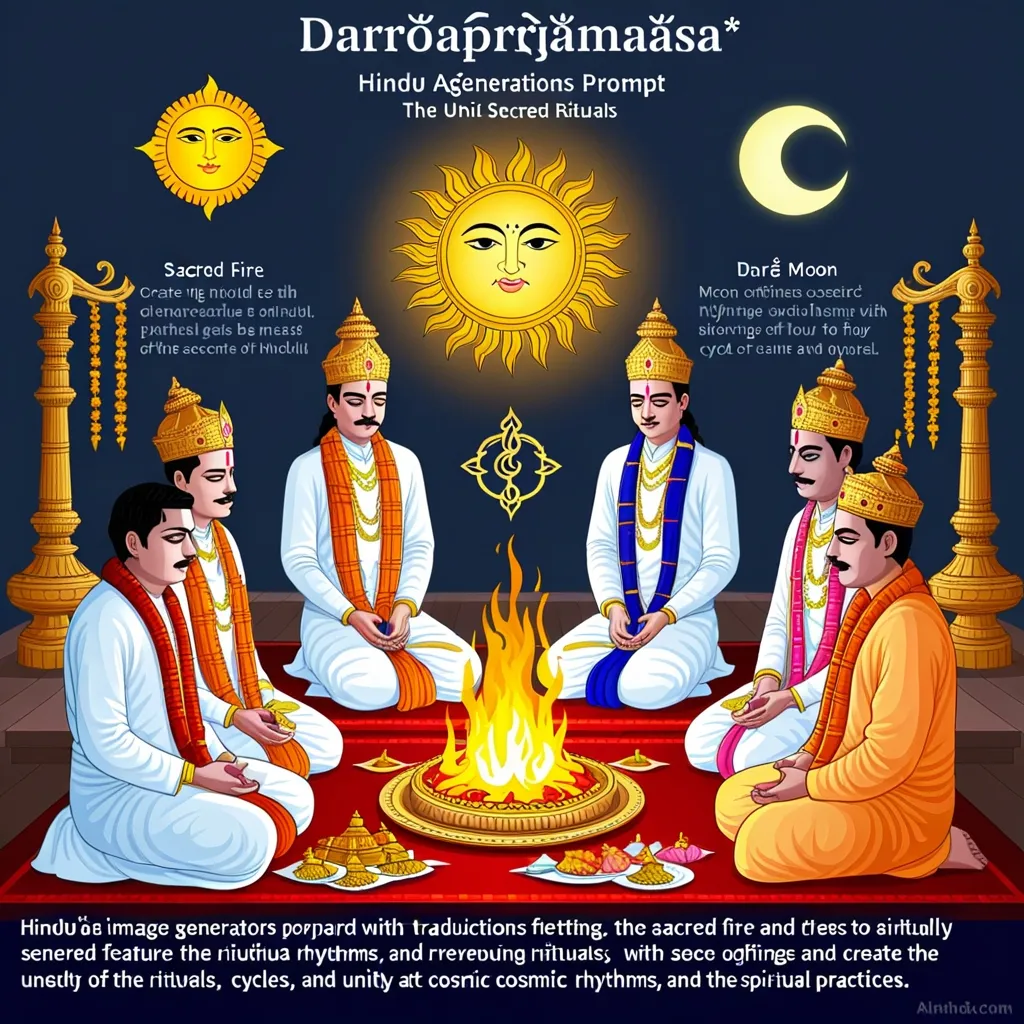The Atharva Veda stands out among the four sacred texts of Hinduism. While the other Vedas mainly focus on sacred rituals and sacrifices, the Atharva Veda dives into practical issues of daily life during the Vedic era. Picture it as a collection of 20 books, packed with 730 hymns and roughly 6,000 stanzas. These hymns touch on everything from healing and sorcery to life cycle rituals and profound philosophical thoughts.
Often dubbed the “Veda of Magical Formulas,” the Atharva Veda is filled with spells and incantations aimed at all sorts of benefits—curing illnesses, extending life, and keeping those pesky evil spirits at bay. The Veda also features hymns about seeking cures from herbs, finding love, and even promoting global peace. It’s like a treasure trove of early references to medicine, Tantra, and yoga, complete with some of the oldest mentions of breathing techniques and yoga practices.
These 20 books, or Kandas, weren’t always this many. Originally, it was 18 books until the last two were added later. Each book is filled with hymns of varying lengths, starting with the shorter ones and ending with longer hymns. Most of these hymns are poetic and set to different meters, but there’s also a good chunk of prose. Interestingly, about one-sixth of these hymns are borrowed from the Rigveda, focusing mainly on its 10th mandala.
There are two main versions—recensions—of the Atharva Veda: the Shaunakiya and the Paippalada. Shaunakiya is more commonly known, but Paippalada is older and more detailed. The Paippalada version is especially noted for its meticulous structure and rich descriptions of monism—the idea that Brahman, all life forms, and the world are one.
When it comes to Vedic culture and religion, the Atharva Veda paints a lively picture. It includes spells for treating various illnesses, banishing demons, and even casting love spells. There are hymns speculating about cosmic forces, and practical advice for domestic rituals like marriage and initiation. Some content even echoes older Indo-European traditions of sorcery, akin to Germanic and Hittite spells.
Despite its fascinating content, the Atharva Veda hasn’t garnered as much attention in Indological studies as the other Vedas. This is likely because it doesn’t focus on the more sacred rituals. But make no mistake, it’s a key part of Hinduism’s spiritual and religious heritage, offering deep insights into ancient Indian life and the evolution of Hindu thought.
In a nutshell, the Atharva Veda is a unique gem among Hindu scriptures. It offers practical wisdom and a myriad of spells for everyday challenges. If you’re curious about Hinduism and ancient Indian culture, this Veda is definitely worth a look.






